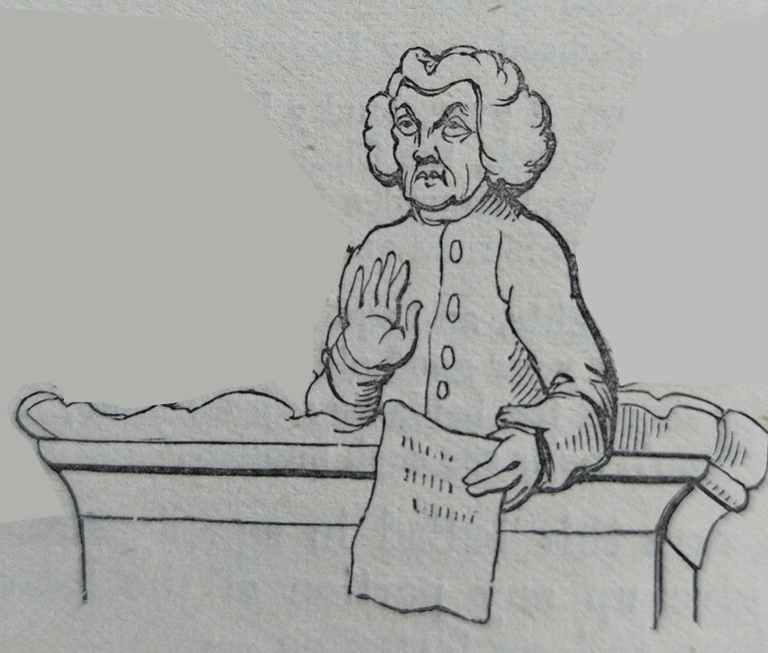Bickham bides his time
23 June 2023
Before James Bickham came to Loughborough to take up post as Rector of the parish, he’d been waiting for a living for some time, ‘kicking his heels’ for 20-odd years as a Fellow at Emmanual College, Cambridge, a two-hundred-year-old university established specifically to educate Protestant preachers.[1]
As noted in the previous blog, a career in the Church of England had historically been considered a desirable option for a young man with limited funding but a decent level of education. The Church was (and continues to be) a hierarchical institution much like any other, made up of various levels of personnel, each receiving a salary in proportion to rank and status.
The post of Fellow at Emmanual College largely involved the teaching of undergraduate students – all male at that time, and all destined for the Church – along with some administrative and governance duties. It wouldn’t have been a highly paid post, though Bickham is likely to have ‘lived in’ alongside the students and therefore had his food and accommodation costs covered.
More interesting to modern-day readers, perhaps, is that during this era Fellows weren’t allowed to marry, and for Bickham to have waited for a parish for so long, deferring marriage to his long-term sweetheart in the process, he must have been confident that the living of Loughborough would one day be his. Or perhaps, as Ursula Ackrill has surmised, it’s simply that Bickham enjoyed the protected, scholarly life at Cambridge so much he was reluctant to quit it for a post in a parish, with the routine and hard work, difficulties, politics and intrigues to be navigated and overcome that went with it.
There was no retirement programme for clergy back then, particularly for those without an independent income to retire on, and clergymen generally remained in post until they died, no matter how old or ill they became, their duties carried out by a subordinate if they were too unfit to fulfil them themselves.
Bickham’s predecessor, the Revd Thomas Alleyne, whom he may possibly have met on his visit to the town in 1758, was only in his fifties but had been ‘afflicted with the gout’ for many years. He died in Bath in July 1761, leaving the way clear for Bickham to have the parish.[2]
It seems likely James Bickham will have been promised the living at Loughborough by someone influential at Cambridge, though it’s not known, now, who that might have been and why they favoured Bickham.
Whatever the circumstances of how and why he acquired it, with a stipend of more than £400 per annum – equivalent to almost £110,000 a year today – it would definitely have been worth the wait. [3]

(Image in ‘Caricature History of the Georges’, Pub. Chatto and Windus, Piccadilly, 1876.)
Alison Mott
[1] From ‘History of the College’ on website of Emmanuel College, [accessed 23.6.23]
[2] ‘The Rectors of Loughborough’ (1882) by William George Dimock Fletcher, on Google Books website Google Books website. Gout is the acute onset of inflammatory arthritis caused by the buildup of uric acid in the blood. Untreated, it can lead to joint and bone damage, heart, lung and kidney disease and result in premature death. Ref. Healthline website.
[3] See CPI inflation calculator here.
See previous post here.